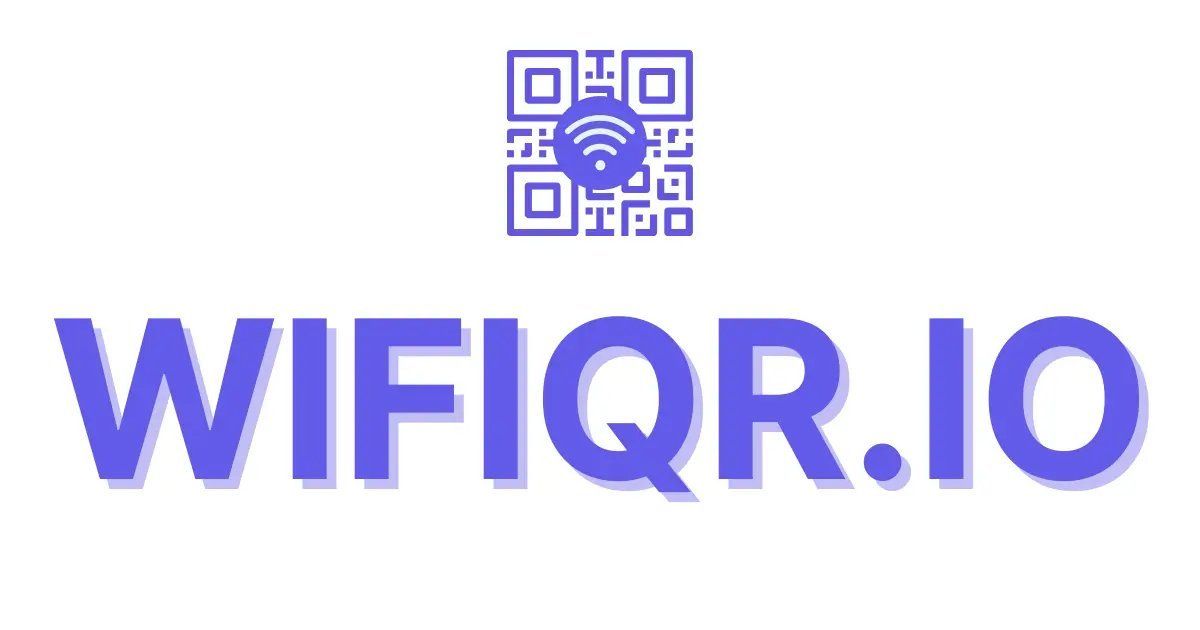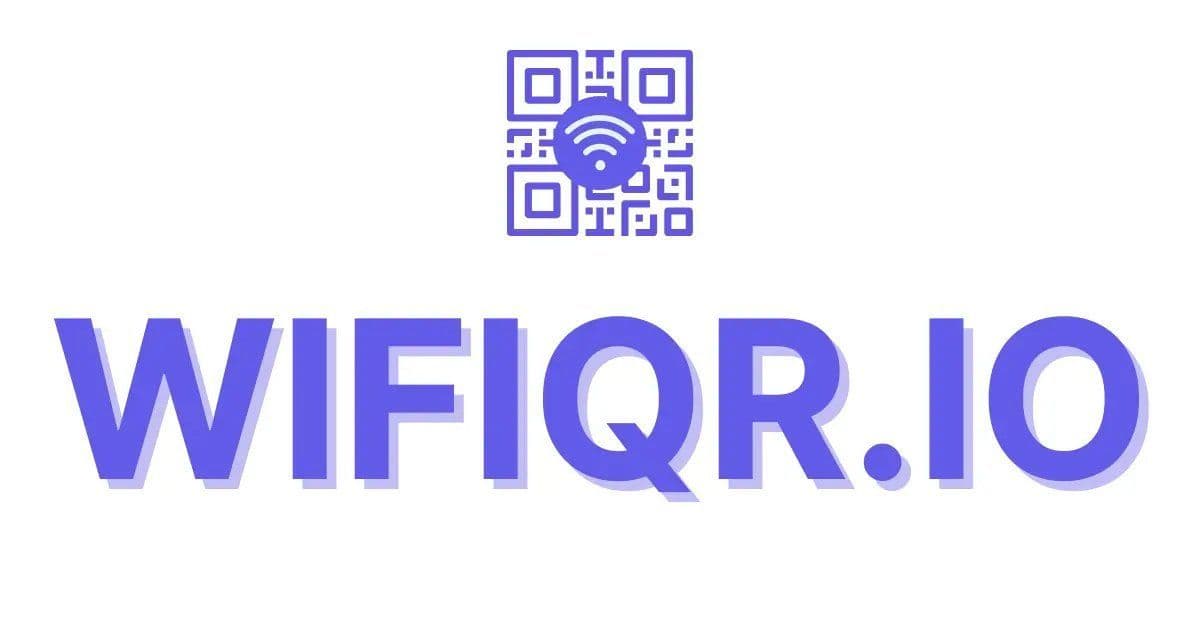The open-source tool wifiqr.io simplifies Wi-Fi sharing through QR generation, but exposes critical security tradeoffs between convenience and credential protection. We examine the technical mechanics and hidden risks of this increasingly popular approach.

Sharing Wi-Fi credentials has long been a friction point—reciting complex passwords, misspellings, and security concerns plague both hosts and guests. Enter wifiqr.io, an open-source tool that generates scannable QR codes to automate connections. But beneath its sleek interface lies a significant security dilemma: you're literally printing your password in plain sight.
How the Magic Works (And Where It Breaks)
The tool leverages the standardized Wi-Fi configuration format (WIFI:T:<encryption>;S:<SSID>;P:<password>;;). Users input their network details, and the client-side JavaScript generates a QR code instantly—no server interaction, no cloud storage. The approach is elegant:
// Simplified core functionality
const generateQR = (ssid, password, encryptionType) => {
const wifiConfig = `WIFI:T:${encryptionType};S:${ssid};P:${password};;`;
new QRCode(document.getElementById('qrcode'), wifiConfig);
};
While the client-side execution avoids transmitting credentials externally, it creates other vulnerabilities:
- Physical Security Failure: Printed QR codes expose passwords to anyone with camera access. A photo of your café's "Scan to Connect" sign equals a compromised network.
- No Access Control: Once scanned, the credentials persist on devices indefinitely. Former employees or guests retain access.
- QR Decoding Risks: Free tools easily reverse-engineer QR codes to plaintext passwords.
When Convenience Outweighs Risk
There are valid use cases:
- Guest Networks: For segregated networks with limited privileges and scheduled expiry
- IoT Onboarding: Quickly connect devices without tiny keyboards
- Temporary Events: Conferences or pop-ups needing rapid, revocable access
Developer Takeaways: Safer Implementations
If building similar tools:
- Mask Critical Data: Never display full passwords post-generation
- Add Expiry: Generate time-limited codes via dynamic endpoints
- Leverage WPA3: Encourage modern encryption to limit credential reuse
- Audit Physical Exposure: Treat printed codes like leaked passwords
As QR-based authentication proliferates in restaurants, hotels, and smart homes, developers must balance frictionless UX with threat modeling. wifiqr.io's elegant solution reminds us that sometimes the simplest tools carry the heaviest security consequences—convenience should never bypass caution.
Source: wifiqr.io | GitHub: emkael/wifiqr.io

Comments
Please log in or register to join the discussion